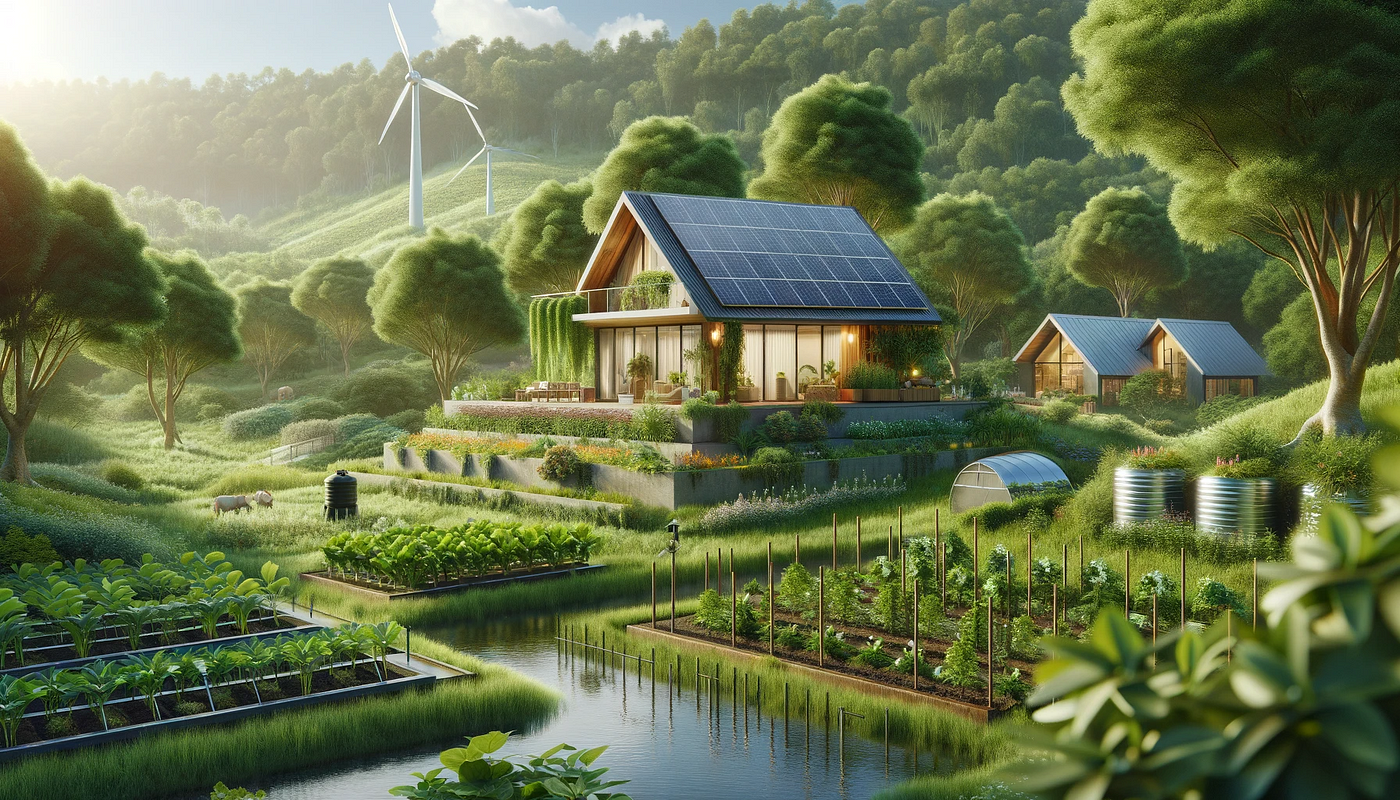As the world grapples with the pressing challenges of climate change, resource depletion, and urbanization, the concept of sustainable living has surged to the forefront of global discourse. Defined as a lifestyle that seeks to minimize ecological impact while promoting social equity, sustainable living encompasses a broad spectrum of practices and innovations designed to harmonize human activities with the natural environment. This article delves into the future of sustainable living, exploring emerging trends, technologies, and societal shifts that are poised to redefine how we interact with the planet.
In an era marked by rapid technological advancement and increased environmental awareness, the future of sustainable living is brilliantly multifaceted. From smart cities and renewable energy solutions to sustainable agriculture and zero-waste communities, the possibilities are not only inspiring but also essential for ensuring a thriving planet for generations to come. As we navigate this transformative journey, embracing sustainability will play a crucial role in addressing the profound challenges we face while simultaneously reimagining our relationships with each other and the Earth.
Innovative Solutions for Urban Living
In the quest for sustainability, urban environments are rapidly adopting innovative solutions that align with eco-friendly principles. Smart cities, equipped with advanced technologies and infrastructure, are emerging as models of sustainability, utilizing sensors and data analytics to optimize energy consumption and reduce waste. The integration of green spaces within urban landscapes not only enhances the aesthetic value of cities but also contributes to biodiversity and improved air quality. Additionally, sustainable practices such as urban farming and community gardens empower residents to produce their own food while fostering social connections. For further insights into how eco-friendly communities are shaping tomorrow’s cities, explore this website.

The Role of Renewable Energy
Renewable energy sources are at the heart of sustainable living, providing clean alternatives to fossil fuels while reducing carbon emissions. Technological advancements in solar, wind, and hydroelectric energy are making it increasingly feasible for individuals and communities to harness these resources. As battery storage becomes more efficient, the reliance on conventional energy grids diminishes, allowing for decentralized energy production. This shift not only promotes energy independence but also encourages innovation in energy consumption practices. The widespread adoption of renewable energy is essential for transitioning to a low-carbon economy and ensuring a sustainable future where environmental integrity and societal well-being coexist harmoniously.
As we look ahead, the future of sustainable living is one of collaboration, ingenuity, and resilience, where individual choices contribute to a collective impact on the planet. Communities will increasingly leverage technology and renewable resources, fostering new economic models that prioritize sustainability over short-term gains. Education and awareness will empower individuals to embrace lifestyle changes that reflect their commitment to protecting the environment, from reducing waste to supporting local economies. Policymakers will play a pivotal role in creating frameworks that incentivize sustainable practices, ensuring equitable access to resources and opportunities for all. As we navigate this pivotal moment in history, a shared vision of a sustainable future will not only safeguard our planet but also cultivate a sense of responsibility and connection among all living beings, inspiring generations to cherish and protect the Earth as their home.
